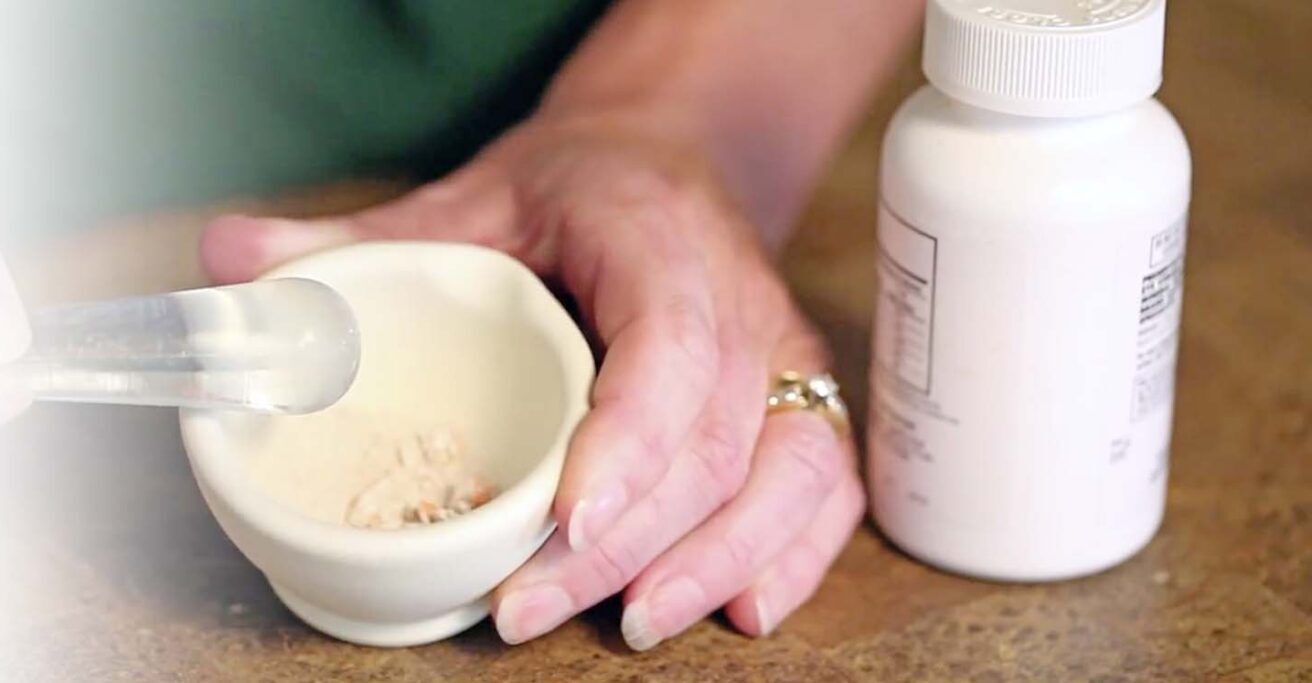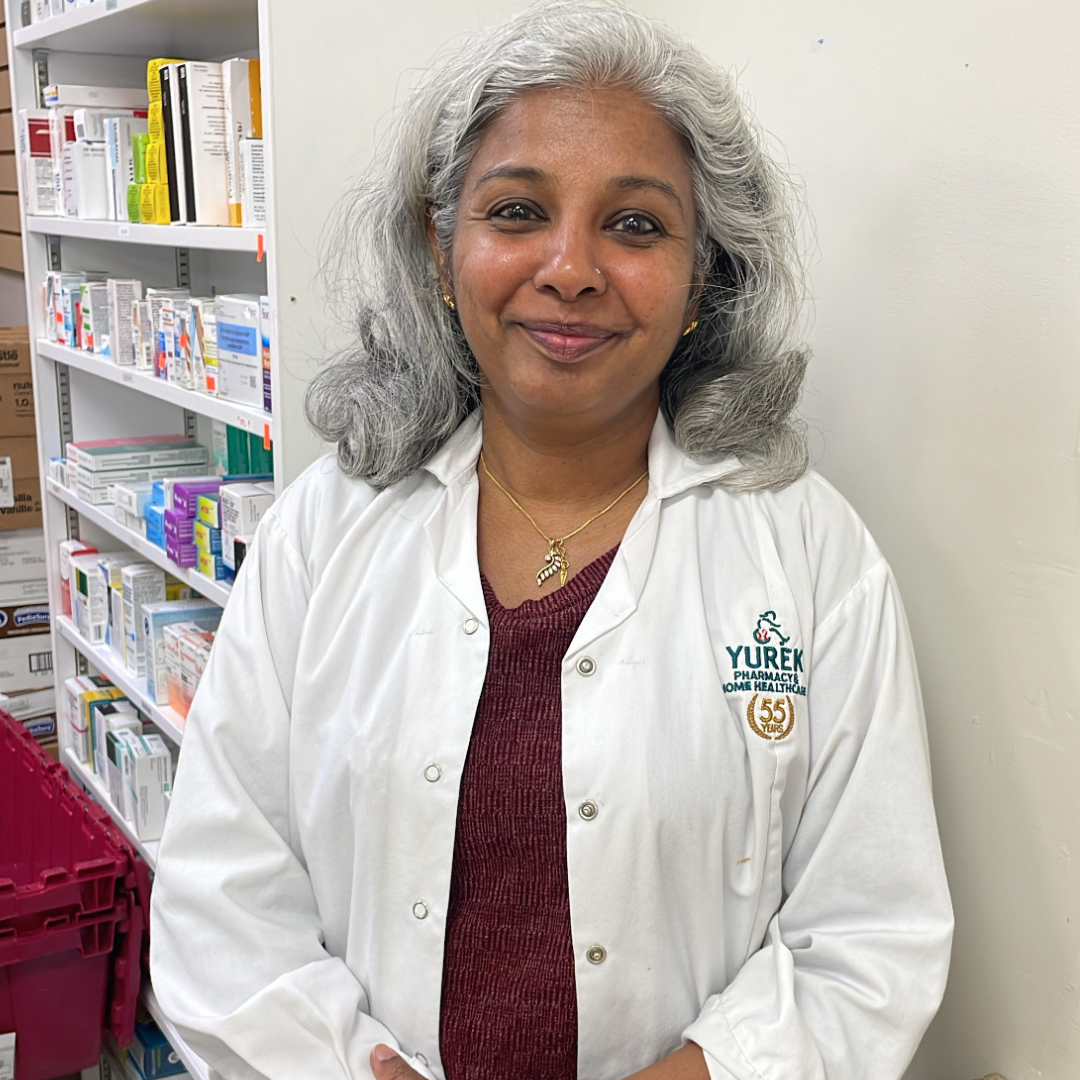By: Steve Bond, BScPhm, RPh, CDE, FASCP
Although I wasn’t around when the doors of Yurek Pharmacy first opened, customers have shared stories about how many medications were made in the pharmacy under the careful watch of Ed Yurek. I’ve even had the privilege of reading through Ed’s formula book that he produced over a lifetime as a pharmacist. Today, many pharmacists have lost the art of making medications and rely solely on packaged pills produced in bulk. The art of making medications, or compounding, is something that is re-emerging. It is an established tradition which allows a physician to prescribe a very specific medication, prepared by a pharmacist, for a patient’s individual needs.
Specific training is required as well as proper equipment, policies and procedures. Pharmacies that specialty compound need to invest a great deal of time and resources to ensure that the products they make are of high standards and pharmaceutical quality. In 2006, a group known as the Compounding Guidelines Task Force (CGTF) was asked to determine a) when it is appropriate to compound and b) how to compound. They confirmed that the key elements of good compounding include qualified and trained personnel, adequate premises and space, approved compounding procedures and instructions, suitable equipment, labels and containers, and accurate documentation.
So, when and why do we compound? While the evolution of the pharmaceutical industry has brought major advancements in research and development of new medications, individualized therapy can get lost. The “one-size-fits-all” nature of many mass-produced medications meant that some patients’ needs were not being met. Here are several examples:
- Some patients are unable to tolerate a filler or colorant in the medication.
- The medication may not be available in a suitable form (for example as suspension for a child or medication for a person with a feeding tube)
- Medication is on backorder or no longer made.
- Topical pain gels and creams for relief without major side effects.
- Hormone therapies to help men and women feel their best.
- Medications for our four-legged, furry friends.
The big pharmaceutical companies will always have medications for the masses. But when you need something for a specific, individual condition, your compounding pharmacist is there! Take care of yourselves and each other.








